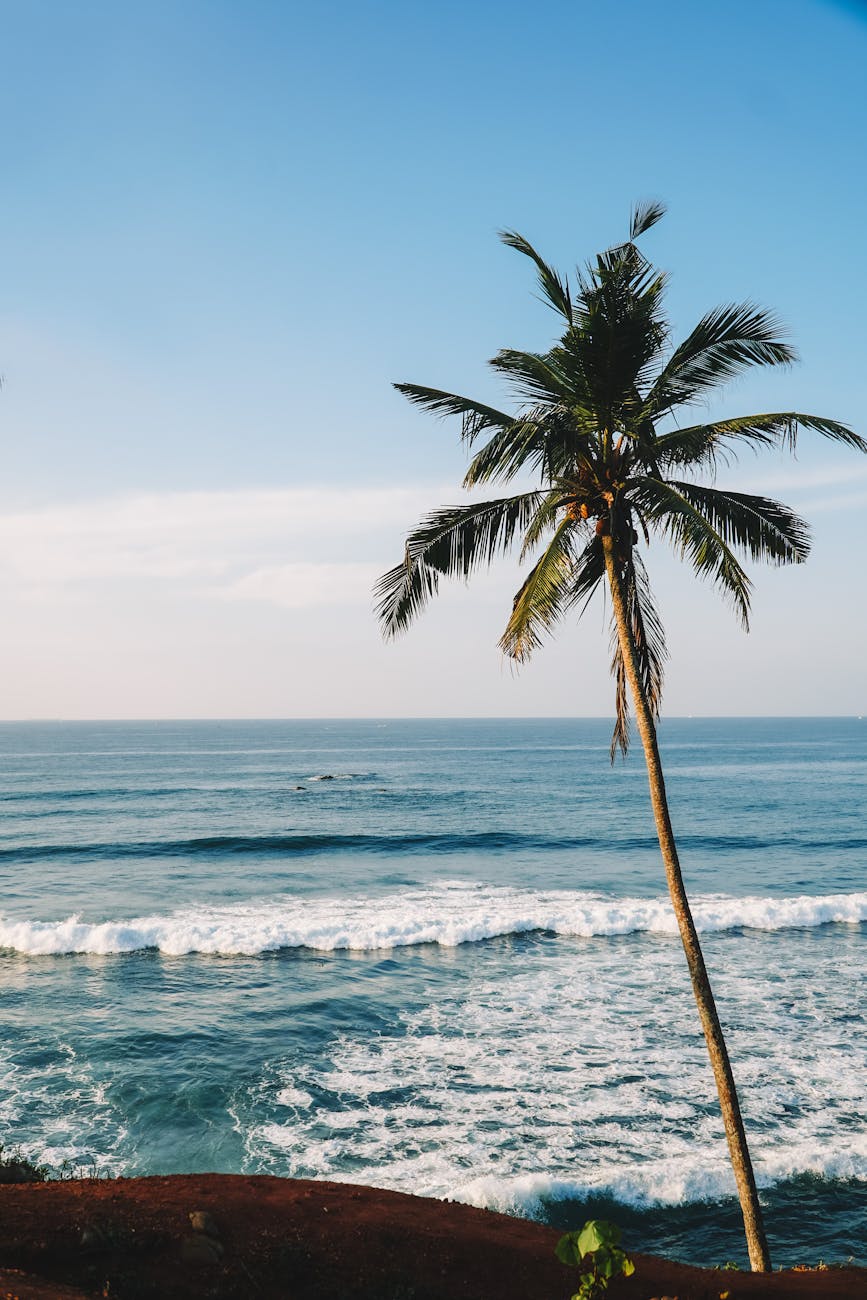Table of Contents
- Introduction
- Understanding the Hurricane Season
- Preparation: The Key to Enjoying Your Vacation
- Safety Measures During a Hurricane
- What to Do if a Hurricane Strikes
- After the Storm: Recovery Tips
- Emergency Contacts and Resources
- Final Thoughts on Staying Safe and Prepared
- Frequently Asked Questions
Introduction
Planning a beach getaway can spark visions of endless sun, golden sands, and blissful waves. However, the reality can take a sudden turn if a hurricane is forecasted during your stay. Embracing the possibility of a storm doesn’t have to dampen your spirits; instead, it can empower you with the knowledge needed to navigate these unpredictable situations. Being aware and prepared is not just about keeping safe; it ensures you can still enjoy your beach vacation to the fullest.
In this blog post, we will explore essential aspects of hurricane preparedness during your vacation. From understanding hurricane seasons to knowing effective safety measures, we will look at all the details that can help transform a potentially stressful situation into an opportunity for mindfulness and resilience. Riding the wave of knowledge means you can enjoy your beach vacation with complete confidence, knowing you’re ready for anything.
Understanding the Hurricane Season
Hurricane season is a force to be reckoned with, typically spanning from June 1 to November 30 in the Atlantic. During this time, coastal areas are especially susceptible to storms brewing over warm ocean waters. By understanding this seasonal pattern, vacationers can make more informed decisions about their travel plans. The peak months, particularly August and September, exhibit heightened storm activity, thus being aware of these fluctuations helps in planning.
The critical takeaway is that while hurricanes are naturally occurring phenomena, they vary greatly in intensity and impact. Some storms may fizzle out, while others pack a powerful punch, causing significant disruption. Keeping abreast of weather forecasts is vital, as is recognizing that these storms are a part of nature, and knowing how to navigate through them can make all the difference.
Preparation: The Key to Enjoying Your Vacation
Preparation is not just advisable; it’s essential for beach vacationers. First and foremost, familiarize yourself with the area and the specific risks it poses. Research local emergency plans, evacuation routes, and shelters, allowing you to act swiftly if necessary. Packing a hurricane kit with necessities such as water, non-perishable food, flashlight, batteries, and a first aid kit ensures that you won’t be caught off guard.
Moreover, consider travel insurance that includes storm-related coverage. This added layer provides peace of mind, enabling you to focus more on fun and less on potential worries. It’s a small investment that can lead to tremendous rewards, allowing you to navigate any unforeseen circumstances with grace and ease. Ultimately, preparation lays the groundwork for an enjoyable and stress-free vacation.
Safety Measures During a Hurricane
Implementing safety measures during a hurricane can significantly mitigate risks. First and foremost, stay informed through reliable sources such as the National Weather Service. Keep your phone charged, and create a communication plan with family and friends in case of emergencies. Being in touch with loved ones can provide comfort amid chaos.
Additionally, secure your accommodations by making use of storm shutters or boarding up windows. Strong winds can turn everyday objects into flying debris, so removing outdoor furniture and securing loose items becomes a priority. Finally, choosing to stay indoors during a storm is wise; venture out only when authorities declare it safe. By following these guidelines, you can create a safe environment, allowing you to weather the storm with confidence.
What to Do if a Hurricane Strikes
When faced with the reality of a hurricane, remaining calm is crucial. If you’re in an area under evacuation orders, prioritize leaving swiftly and safely. Listen to local authorities and heed their advice. Having a pre-planned route can minimize confusion and ensure you reach safety without added stress.
Once in a safe location, securing a reliable source of information is essential. Utilize weather apps or local news stations to stay informed about the hurricane’s path and intensity. Meanwhile, using this time to connect with fellow travelers or locals can create a sense of community and shared experience. Embracing these moments, even in adversity, highlights resilience and reinforces the importance of preparedness.
After the Storm: Recovery Tips
Post-hurricane recovery involves practical measures and emotional steps. First, assess your surroundings and determine whether it’s safe to return to your accommodations. Following a storm, it’s crucial to check for any utility outages and report them to the relevant services. Stay alert to potential hazards like downed power lines or debris, ensuring your safety is the priority.
Moreover, share your experiences with fellow travelers. Discussing what you’ve learned not only fosters connections but also reinforces community resilience. Consider volunteer opportunities to help local restoration efforts, which can also provide a sense of purpose during recovery. After all, every challenge can lead to new beginnings and profound appreciation for the beauty of nature.
Emergency Contacts and Resources
Knowing where to access emergency contacts and resources is instrumental during a hurricane. Begin by identifying local emergency services, including police, fire, and medical contacts. Create a list of essential phone numbers and keep them handy—after all, a little preparation goes a long way.
In addition to emergency services, familiarize yourself with local shelters or community locations offering assistance. Websites and social media pages devoted to storm tracking and emergency updates can prove invaluable too. Staying connected and informed ensures you won’t feel isolated during what can be a challenging time. Ultimately, utilizing these resources helps reinforce a positive outlook, even when faced with adversity.
Positive Outlook for Future Beach Adventures
Each beach vacation is a canvas waiting to be painted, and being prepared for a hurricane transforms what could be a stressful experience into an empowering journey. When you take measures to stay informed and organized, you embrace the fullness of life’s unpredictability. Rather than succumbing to fear, you emerge stronger, ready to face the storms of life head-on.
Ultimately, cultivating a mindset that understands the beauty of resilience and the joy of preparedness opens the door to countless adventurous opportunities at the beach. So pack your bags with both swimwear and readiness, and get ready to make the most of your vacation—rain or shine.
Frequently Asked Questions
What should I include in my hurricane preparedness kit? Ensure your kit contains water, non-perishable food, a flashlight, batteries, a first aid kit, medications, and important documents. This will help you feel secure during any unexpected events.
How can I stay updated about hurricane warnings? Utilize reliable sources, such as local news stations, the National Weather Service, and weather apps. Staying informed is crucial for safety.
What should I do if I’m unable to evacuate in time? If evacuation isn’t possible, seek shelter indoors, away from windows, and stay in communication with authorities. Follow their instructions closely to ensure safety.
Can I continue my vacation after a hurricane? Yes, once it’s safe, consider supporting local businesses to aid recovery efforts. Embrace the adventure and reflective growth that follows adversity.
How can I prepare for a hurricane in advance of my trip? Research the area’s typical hurricane activity and familiarize yourself with local emergency plans. Having a good understanding of what to expect creates a safer travel experience.
Image Credit: Pexels





